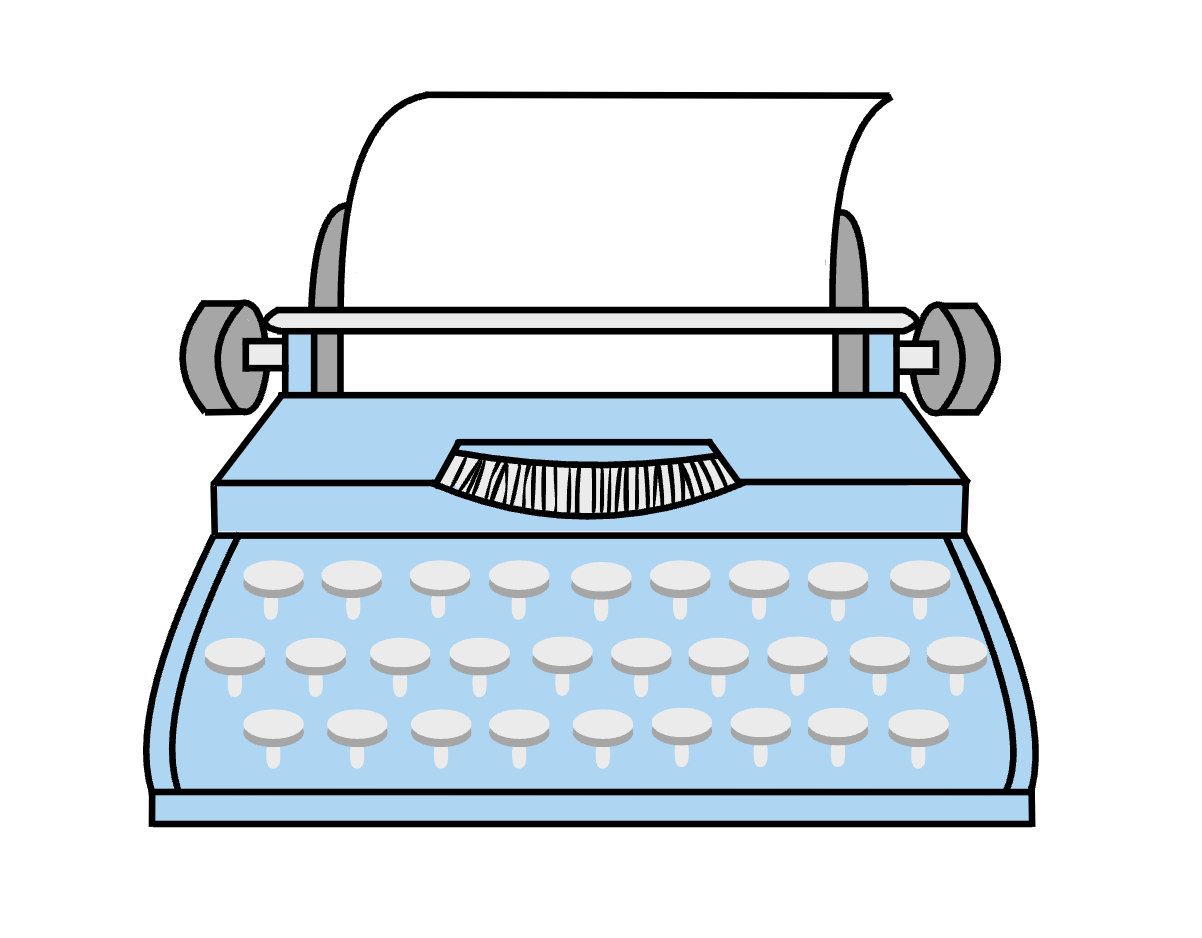What’s the deal with climate change?
Discover the layers of discourse surrounding the issue of climate change.
Public spaces help protect organisms in urban environments.
Climate change is either an important issue that needs resolution or is nothing more than the short-term problem the “The Notebook’s” Allie and Noah faced when they enjoyed a sunny boat ride and rain suddenly poured down, causing the declarations of love to commence.
However, to properly discuss this issue, many should be acquainted with the facts concerning climate change.
As NASA reported, through the use of fossil fuels in order to power, planes, trains, automobiles and factories, there is an expulsion of too many greenhouse gasses into the air. This is causing a rise in temperatures that will continue to grow by 2.5-10 degrees by next century.
According to the Environmental Protection Agency, one way that greenhouse gasses, such as carbon dioxide, can be kept out of the atmosphere is when it is absorbed by plants and trees. The only problem is that deforestation occurs, mainly in order to sustain certain industries that produce luxury commodities instead of necessities.
Oceans also aid in the effort of reducing carbon in the atmosphere, but too much carbon is entering into the ocean. As a result, ocean acidification is occurring, which negatively affects marine life by disrupting its food chain.
Climate change also has an effect on every living organism. For example, the beloved lemurs from the infamous movie, “Madagascar”, are drastically affected by this issue. Climate change is correlated with irregular rain patterns all over the world and those lemurs are not getting enough water to care for their young. The young lemurs may like to “move it, move it,” but with the effects of climate change, their malnourished bodies simply won’t allow it.
“Climate change is happening whether or not people recognize it,” said sophomore Jacqueline Johnson.
Mrs. Olivia Long, psychology teacher, recalled an episode of the show, “Cosmos”, which depicted a world where carbon dioxide was visible as a purple gas. “I think that if we had a visual, it would have a more powerful effect,” said Long.
Even if people can’t recognize it outright now, they will likely face many of the detrimental effects of climate change in the future. Entire ecosystems will be wiped out, disease may break out, and water and food could become scarce commodities.
However, the political discourse surrounding climate change places a different weight on this issue. Some politicians even deny the existence of climate change, saying that it is just a hoax to stop American industries from extracting and using natural resources.
The Church believes climate change to be a real issue. Pope Francis even said that the Earth is “looking more and more like an immense pile of filth.” He is calling for immediate change among the consumption habits of all people, through his new encyclical.
Pope Francis is also leading the campaign of making the world better for God’s future creations. He uses the Catholic discourse of stewardship to say that we should take care of our environment as God gave us the gift of the Earth and we only get one to live in.
However, with all this discourse about the issue of climate change, there is still a personal way in which any individual can act to make sure that this issue does not become a detriment to welfare of future generations.
Someone once told me that we need to take care of children, animals and nature because they are all a victims of circumstance. Turn off the unnecessary lights, ride your bike, use renewable energy or maybe even plant a tree. I think we can all take steps in order to leave the Earth in better shape than we found it.




